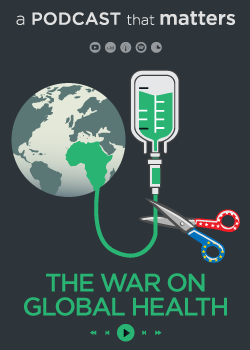Print

FAST Nuclear Emergency Tools (FASTNET)
Details
Locations:Austria, Belgium, Canada, Czech Republic, Denmark, Finland, France, Germany, Italy, Lithuania, Norway, Romania, Russia, Slovakia, Spain, Sweden, USA
Start Date:Oct 1, 2015
End Date:Sep 30, 2019
Contract value: EUR 4,684,632
Sectors: Nuclear, Science & Innovation
Description
Programme(s):
H2020-Euratom-1.8. - Ensure availability and use of research infrastructures of pan_european relevance
H2020-Euratom-1.3. - Support the development and sustainability of nuclear competences at Union level
H2020-Euratom-1.1. - Support safe operation of nuclear systems
Topic: NFRP-02-2014 - Tool for the fast and reliable prediction of severe accident progression and anticipation of the source term of a nuclear accident
Call for proposal: NFRP-2014-2015
Funding Scheme: RIA - Research and Innovation action
Grant agreement ID: 662284
Objective: When dealing with emergency, two issues with fully different time requirements and operational objectives, and thus different methods and tools, have to be considered: emergency preparedness and emergency response. This project will address both issues by combining the efforts of organizations active in these two areas to make already identified deterministic reference tools and methods a decisive step toward. In particular capabilities of these methods and tools will be extended to tackle main categories of accident scenarios in main types of operating or foreseen water-cooled NPPs in Europe, including Spent Fuel Pools. A first task will be the identification of these categories of scenario, the proposition of a methodology for their description and the development of a database of scenarios. Building this database will constitute a rst important step in the harmonisation goal defended in this project. Promising probabilistic approaches based on Bayesian Belief Networks (BBN) are currently developed to complement operational deterministic methodologies and tools by contributing to diagnosis accidental situations. The development of the methodologies will be pursued in this project with the extension of the existing deterministic ones to European reactors. Both approaches will be assessed against the above mentioned database of scenarios. Finally a comprehensive set of emergency exercises will be developed and proposed to be run by a large set of partners. A rst series of exercises will address source term evaluations that will be compared to the reference source terms from the scenarios database. Then a second series of exercises will be proposed on the same scenarios that will be used for the first series but accounting for the main emergency objective : to protect the populations. Progresses made by the methods and tools developed within this project will be notably assessed by comparing the results obtained in these two series of exercises.
